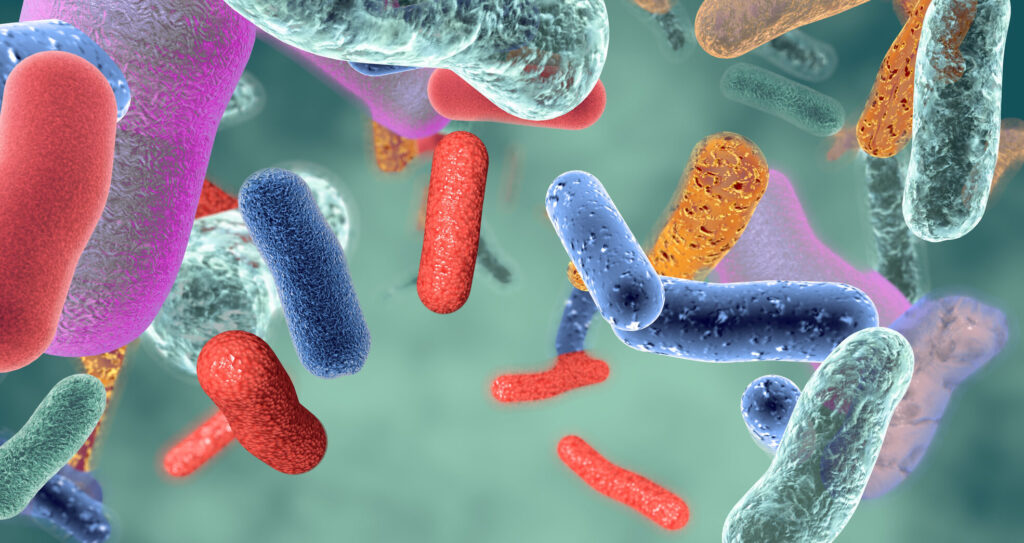Consuming soft drinks could increase the risk of clinical depression by impacting the balance of microbes in the gut, an intriguing study suggests, with women at particular risk.
Increases in the abundance of bacterium Eggerthella appeared was particularly important, the researchers report in JAMA Psychiatry.
They believe their findings leave scope for depression interventions that target the composition of the microbiome.
Policies to reduce the intake of soft drinks could also help mitigate the risk of depression, particularly in vulnerable populations.
“These findings underscore the role of diet in depression and highlight the gut microbiome as a key mediator,” reported Sharmili Edwin Thanarajah, PhD, from University Hospital Frankfurt, and co-workers.
“The observed sex-specific effects suggest the need for tailored prevention and intervention strategies.
“Given the global rise in soft drink consumption, public health policies focused on reducing intake through taxation, education, and marketing restrictions are essential.”
Soft drinks have been linked with obesity, Type 2 diabetes, cardiovascular disease, and cancer, with growing evidence also pointing to its negative impact on mental health.
Excessive simple sugars such as glucose and fructose may disrupt the gut microbiome by fostering pro-inflammatory bacteria, weakening gut barrier integrity, and impairing mucosal immunity.
Artificial sweeteners such as aspartame and saccharin as well as preservatives such as benzoates and sorbate could further disrupt the gut microbial balance.
It is therefore tempting to implicate the gut microbiome in the link between soft drink consumption and major depressive disorder (MDD).
The researchers explored this association by comparing 405 patients with MDD and 527 healthy control individuals, aged 18 to 65 years, who were recruited from the general population and primary care. Around two thirds of each group was female.
Greater consumption of soft drinks was associated with reduced alpha-diversity, indicating lower richness and evenness of microbial taxa, although it was neither associated with MDD diagnosis nor symptom severity.
Soft drink consumption did however predict MDD diagnosis overall, with stronger effects in women (OR=1.081 and 1.167, respectively). It also predicted symptom severity.
In women, soft drink consumption was linked to increased abundance of Eggerthella but not Hungatella, another bacterium that the researchers thought could also be implicated.
Mediation analyses confirmed that Eggerthella significantly mediated the association between soft drink consumption and MDD, explaining 3.82% of the effect on diagnosis and 5.00% of the effect on severity.
“Our findings are compatible with the idea that increased consumption is related to depression via altered gut microbiome composition,” the researchers concluded.
“Dietary assessments and consultations should be integrated into prevention guidelines, as well as routine evaluations for patients with depressive symptoms. Nutritional counseling and interventions to reduce soft drink intake should complement depression treatments.
“Moreover, these findings support policies limiting soft drink availability and marketing, such as taxing sugar-sweetened beverages, restricting school sales, and regulating advertising to youth.”

